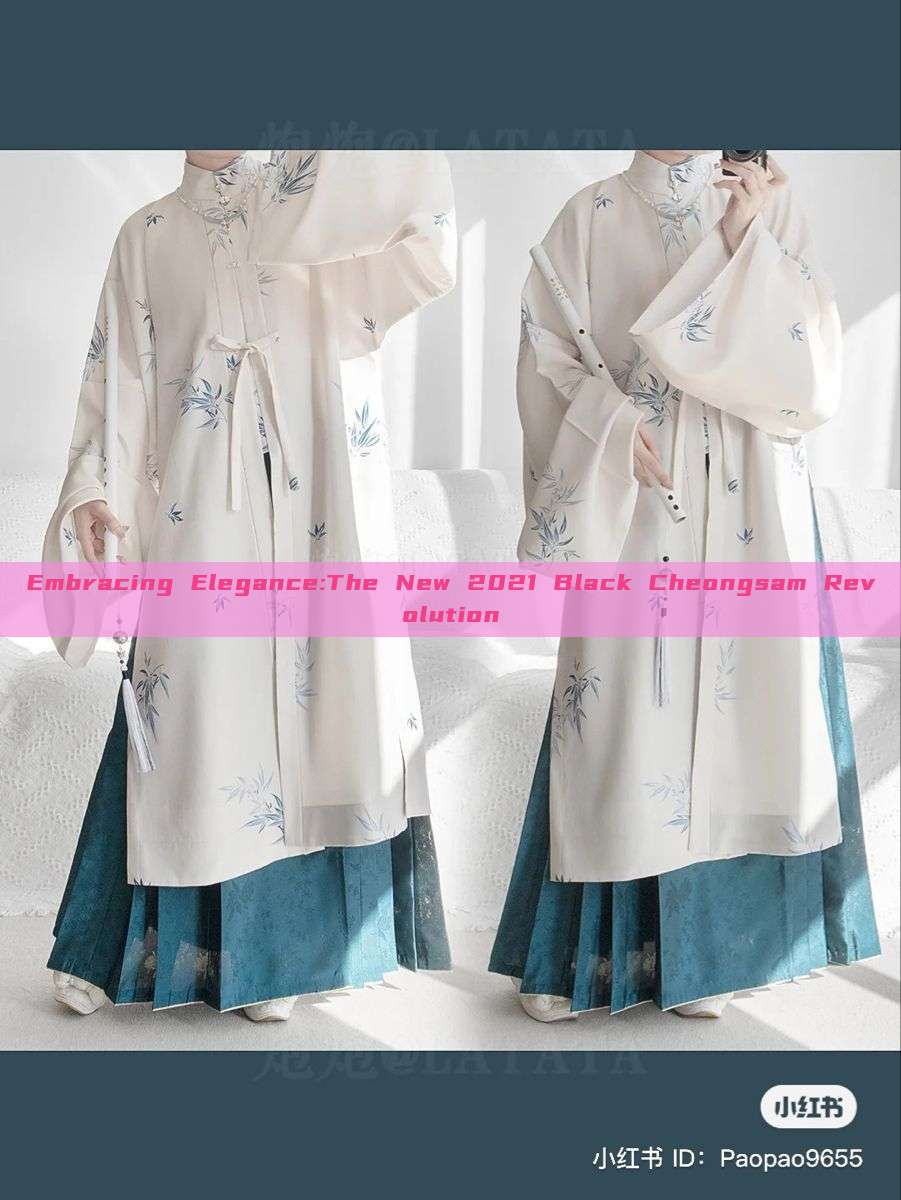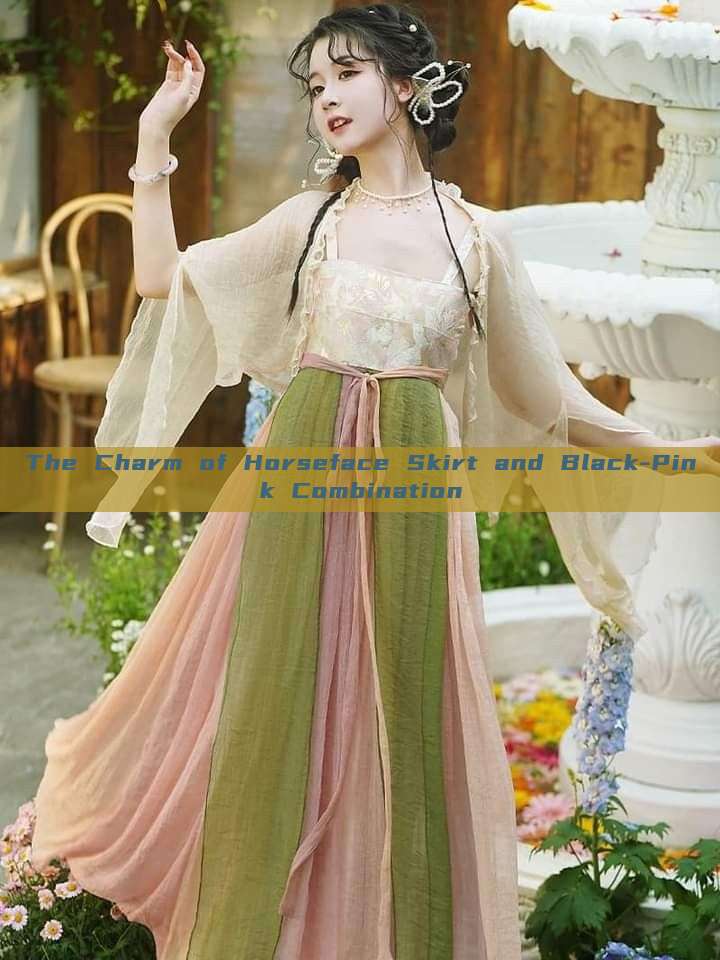In the tapestry of ancient Chinese culture, Hanfu, a traditional clothing style, represents a profound symbol of history and heritage. Among the various hues of Hanfu, the Black-hued variant embodies a unique aura - a blend of power, grace, and dignity. This article delves into the allure of a black Hanfu woman, who exudes a dominant presence that is both intimidating and admirable.
Black, as a color in Hanfu, is not just a shade; it's an embodiment of numerous meanings. It signifies authority, strength, and resilience. When worn by a woman, black Hanfu becomes a canvas for expressing her inner power and outer grace. She is not just wearing a clothing; she's donning her identity, her pride, and her legacy.
The design of black Hanfu, intricate and complex, reflects the intricate nature of the wearer's personality. The patterns and designs often incorporate ancient symbols of power and protection, further enhancing the dominant aura of the wearer. The woman who wears this attire moves with confidence, her every step a testament to her unwavering belief in herself and her culture.
The black Hanfu woman is not just a wearer; she's an interpreter. She interprets the clothing's meaning in her own way, infusing it with her own personality and style. She challenges societal norms and expectations by wearing her Hanfu proudly, unapologetically, and without fear of judgment. She stands as a testament to the power of women and their ability to redefine and reclaim their cultural heritage.
In public gatherings or casual outings, she remains true to herself, dressed in her black Hanfu with an attitude that is both assertive and graceful. She listens attentively when others speak but speaks confidently when she needs to be heard. She listens to the stories of her ancestors and tells her own through her actions and attire.
The black Hanfu woman is not just a wearer of clothing; she's a vessel of culture. She carries forward the legacy of her ancestors through her actions and attire, reminding the world of the richness and diversity of Chinese culture. She challenges those who seek to marginalize or dismiss her culture by proudly wearing her Hanfu and living her life according to her own values and beliefs.
Her black Hanfu becomes a tool for expressing her views on social issues, a medium for sharing her knowledge and experiences with the world. She uses it as a platform for advocating for her rights and those of others, unafraid to speak out against injustice or oppression. Her actions are fueled by her belief in herself and her culture, giving her the strength to stand up for what she believes in.
The black Hanfu woman is an embodiment of strength, grace, and resilience. She represents a new breed of women who are not afraid to embrace their cultural heritage, proud of their identity, and unapologetic about expressing themselves. She stands as a reminder that women have the power to shape their own destiny, to redefine their role in society, and to reclaim their cultural heritage with pride and dignity.
In conclusion, the black Hanfu woman represents a powerful force in Chinese culture. She embodies the spirit of resilience and strength that has been passed down through generations. Her presence serves as a reminder that women have the power to shape their own destiny and to reclaim their cultural heritage with pride and dignity. Her story is not just about a piece of clothing; it's about a journey of self-discovery, acceptance, and empowerment that every woman can embark on.








